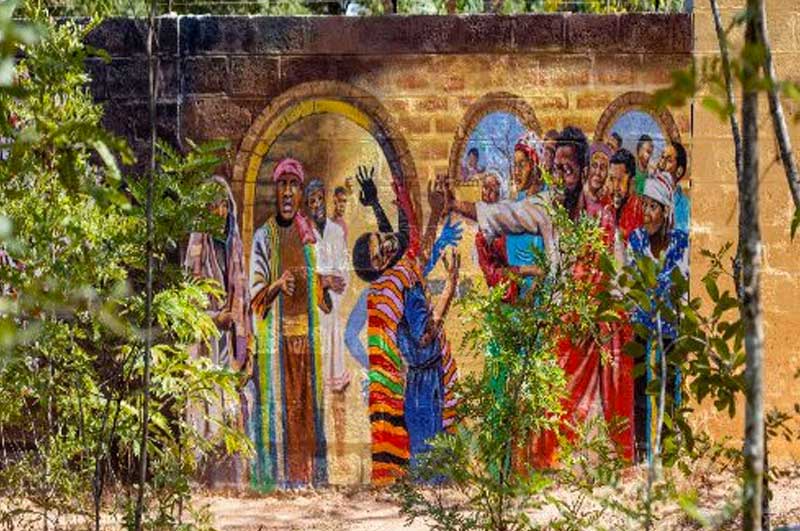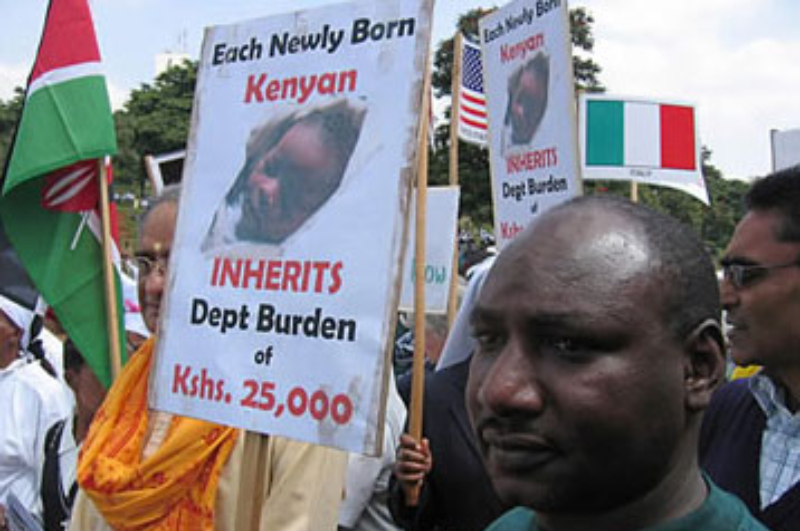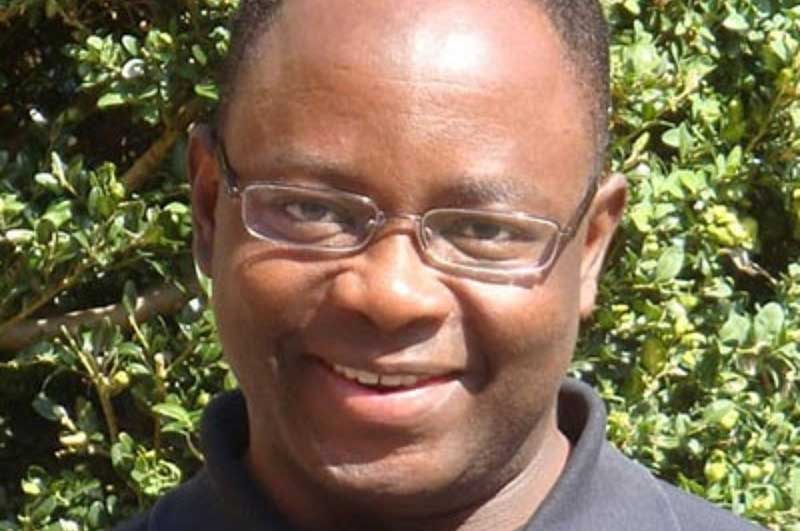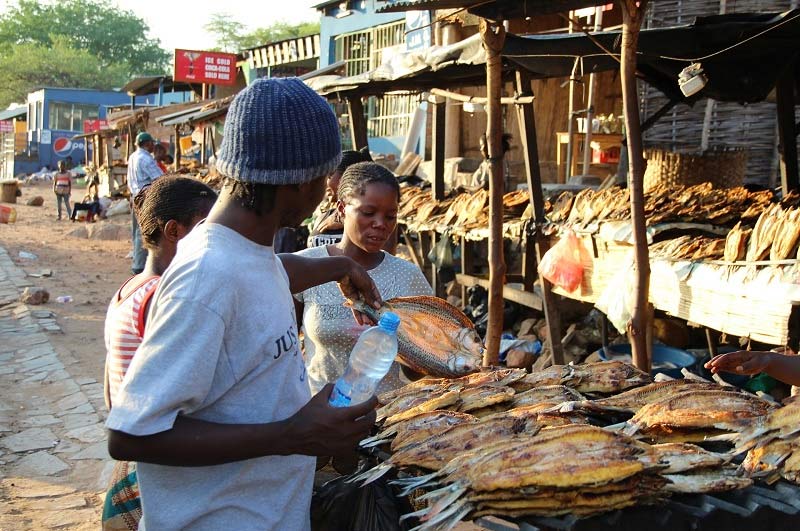


"We are deeply concerned about the rapid weakening of the economy in our country, which is jeopardizing the economic and social life of ordinary citizens, in particular the poor, the marginalized and the vulnerable", says the Jesuit Center for Theological Reflection (JCTR) in Zambia, in a statement published on the occasion of Independence Day on 24 October.
The Jesuit Research Center points out that Zambia's external debt is equal to gross domestic product (GDP): "The total external debt of Zambia is now $ 27 billion, which is literally equal to its GDP. The national debt was $ 11.97 billion in June 2020". "The fiscal deficit, the inflation rate and the devaluation of the currency are on the rise", warns the Jesuit study center.
"It is not the first time that Zambia has found itself in a debt crisis. The government has to learn from these experiences and find a lasting solution to avoid being constantly in this situation", warns the JCTR, according to which "the government has to put in place a transparent debt reduction mechanism and solid and functional debt management. and develop a sustainability strategy", say JCTR officials. The Jesuits underline that "the maturity of our independence and democracy will be measured by the real will of our leaders to think of the common good of the citizens and not just of their own enrichment".
Zambia, one of the world's leading producers of copper, has found itself in a debt crisis after the COVID-19 pandemic hit the country's economy badly and national debt proved unsustainable.
Zambia's inflation rose for the second consecutive year in October. Consumer prices increased by 16% over the previous year.
Related Articles
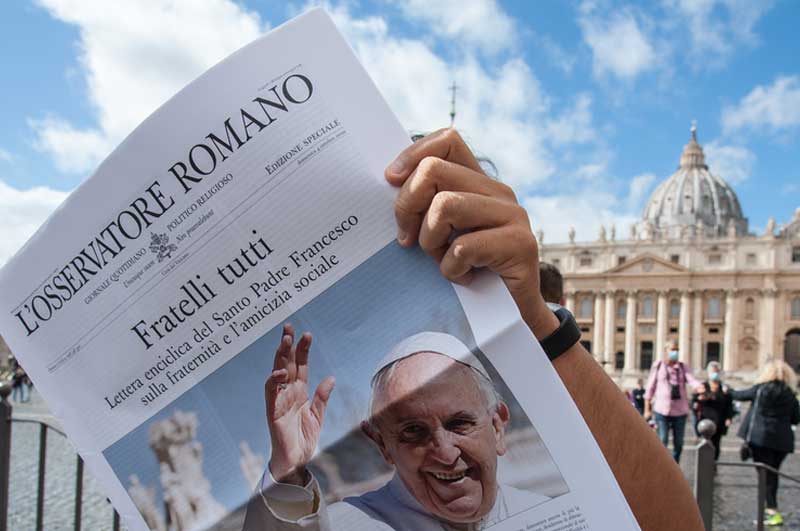
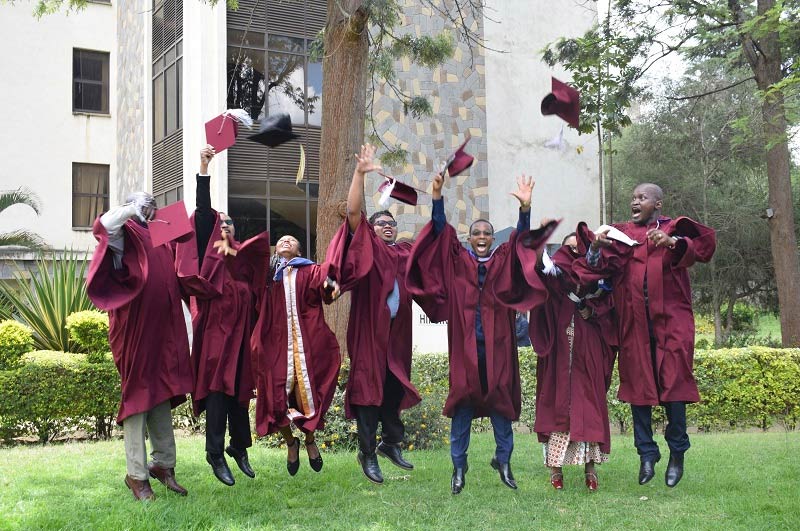
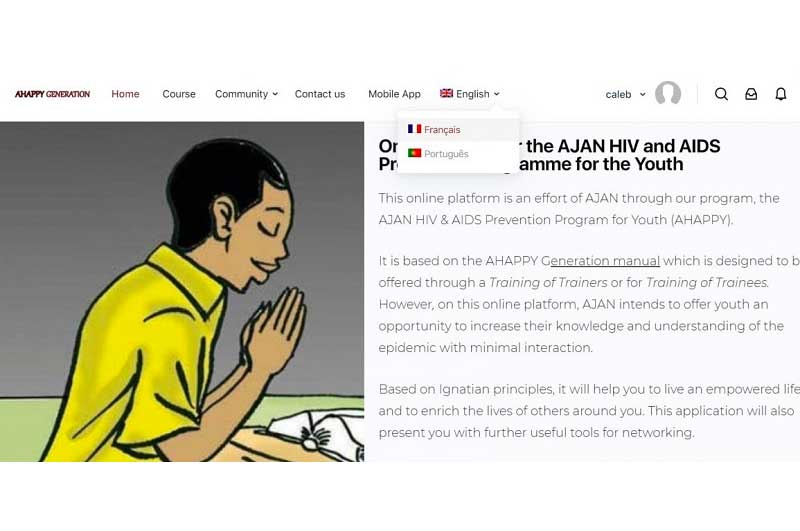
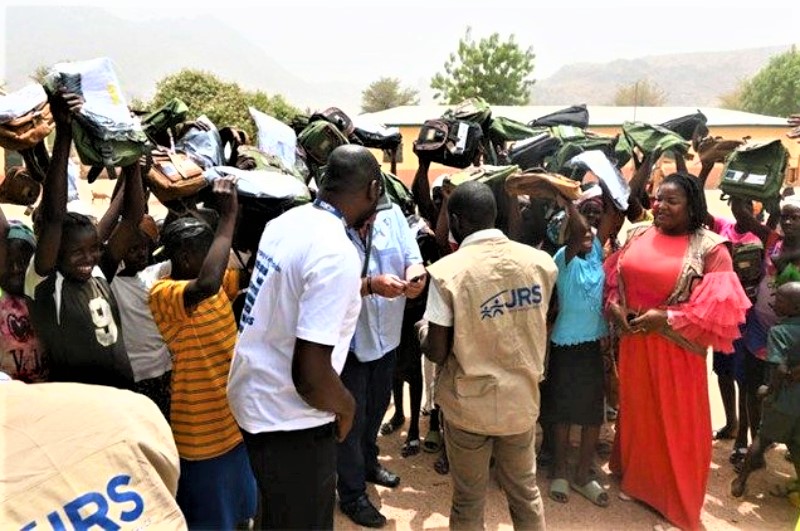
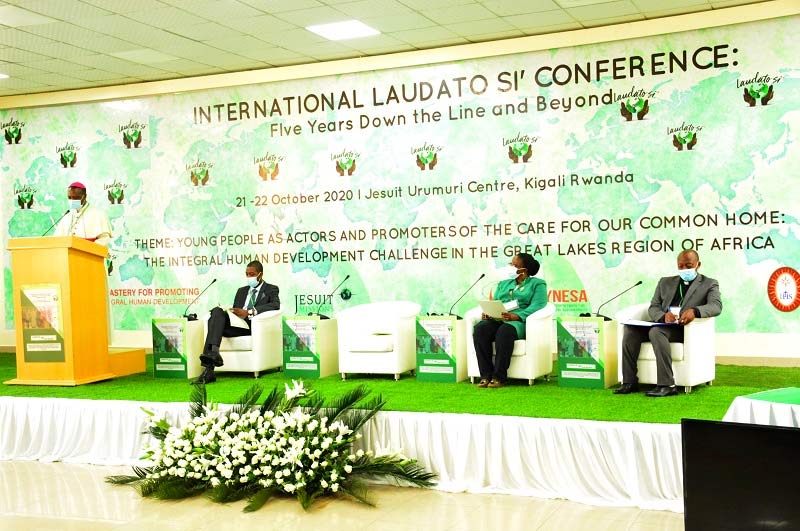


Select Payment Method
Pay by bank transfer
If you wish to make a donation by direct bank transfer please contact Fr Paul Hamill SJ treasurer@jesuits.africa. Fr Paul will get in touch with you about the best method of transfer for you and share account details with you. Donations can be one-off gifts or of any frequency; for example, you might wish to become a regular monthly donor of small amounts; that sort of reliable income can allow for very welcome forward planning in the development of the Society’s works in Africa and Madagascar.
Often it is easier to send a donation to an office within your own country and Fr Paul can advise on how that might be done. In some countries this kind of giving can also be recognised for tax relief and the necessary receipts will be issued.


